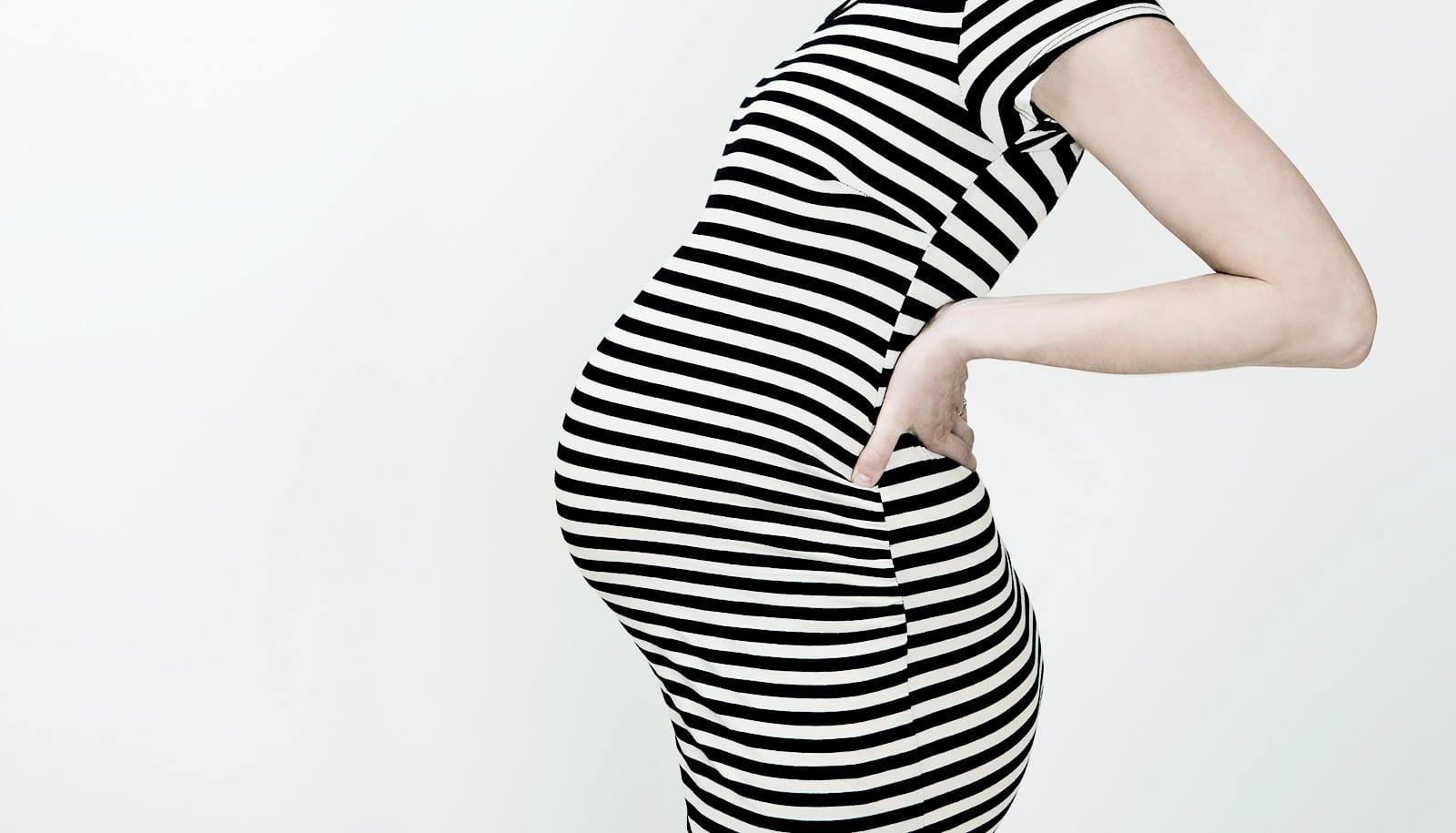Women with preeclampsia in their first pregnancy have a greater risk of heart attack or cardiovascular death, according to a new study.
Approximately 2 to 8% of pregnant women worldwide receive a preeclampsia diagnosis, a complication involving high blood pressure that usually begins after 20 weeks of pregnancy in women whose blood pressure was normal.
Doctors haven’t identified a single cause, but think it’s related to insufficiently formed placental blood vessels. Preeclampsia is also the cause of 15% of premature births in the US.
For the new study, published in the Journal of Women’s Health, researchers analyzed cardiovascular disease in 6,360 women, age 18 to 54, pregnant for the first time, and diagnosed with preeclampsia in New Jersey hospitals from 1999 to 2013 and compared them to pregnant women without preeclampsia.
The findings show that women with the condition were four times more likely to suffer a heart attack or cardiovascular death and more than two times more likely to die from other causes during the 15-year study period.
“Women who were diagnosed with preeclampsia tended also to have a history of chronic high blood pressure, gestational diabetes, and kidney disease and other medical conditions,” says lead author Mary Downes Gastrich, an associate professor at Rutgers Robert Wood Johnson Medical School and a member of the Cardiovascular Institute of New Jersey.
The study suggests that all women receive screening for preeclampsia throughout their pregnancy and that doctors treat women with preeclampsia within five years after birth.
“Medication such as low-dose aspirin also may be effective, according to one study, in bringing down blood pressure as early as the second trimester,” Downes Gastrich says.
Source: Rutgers University



